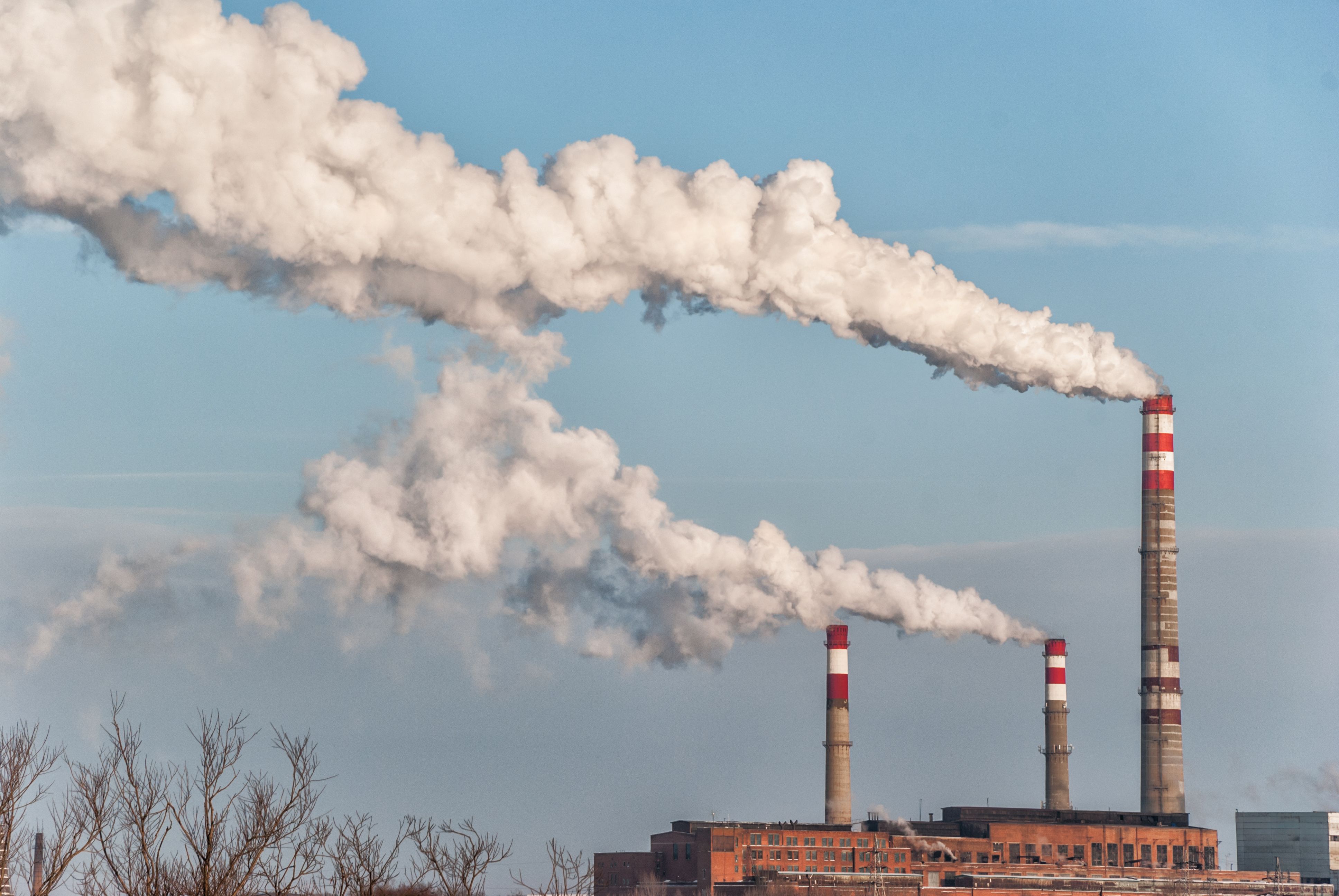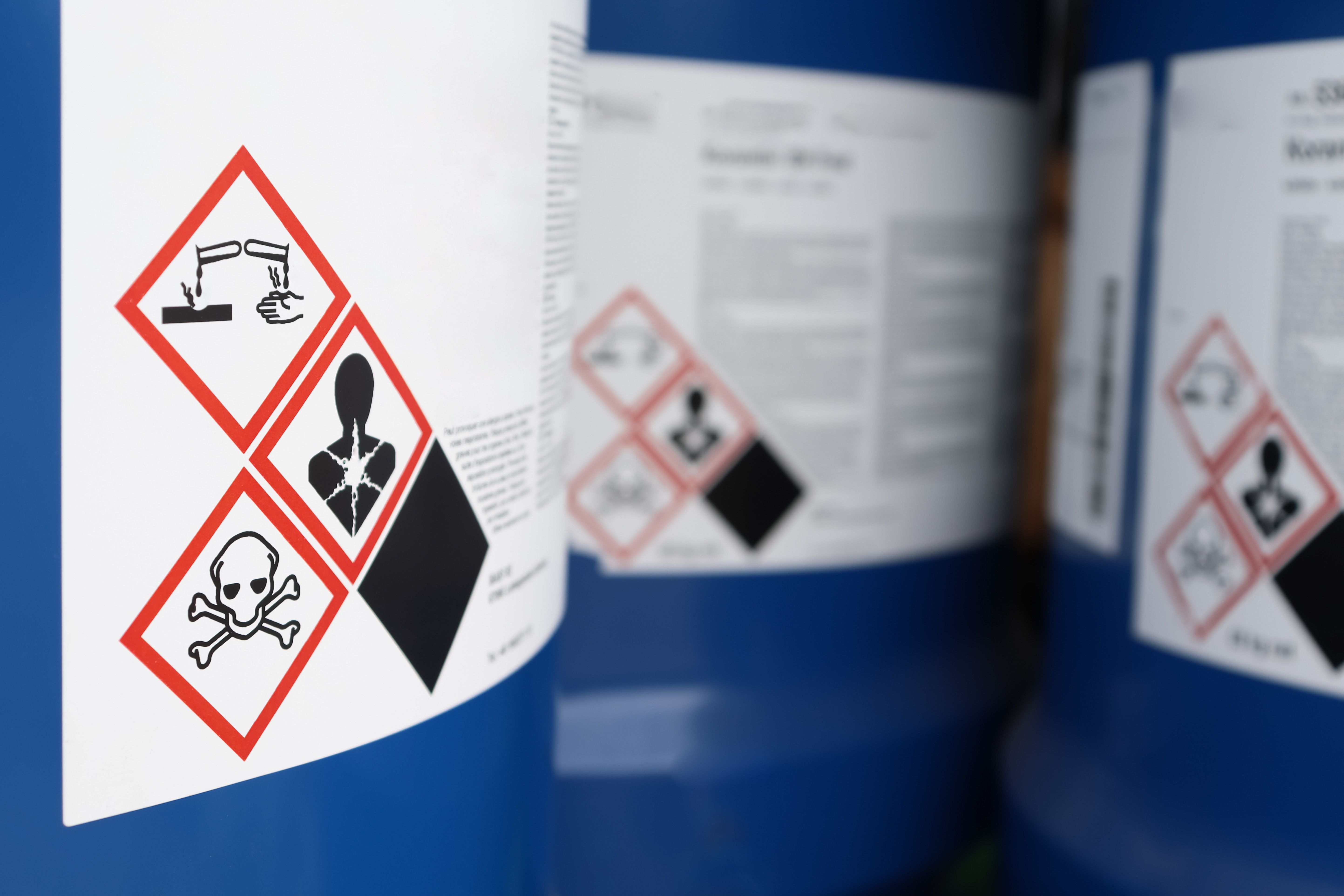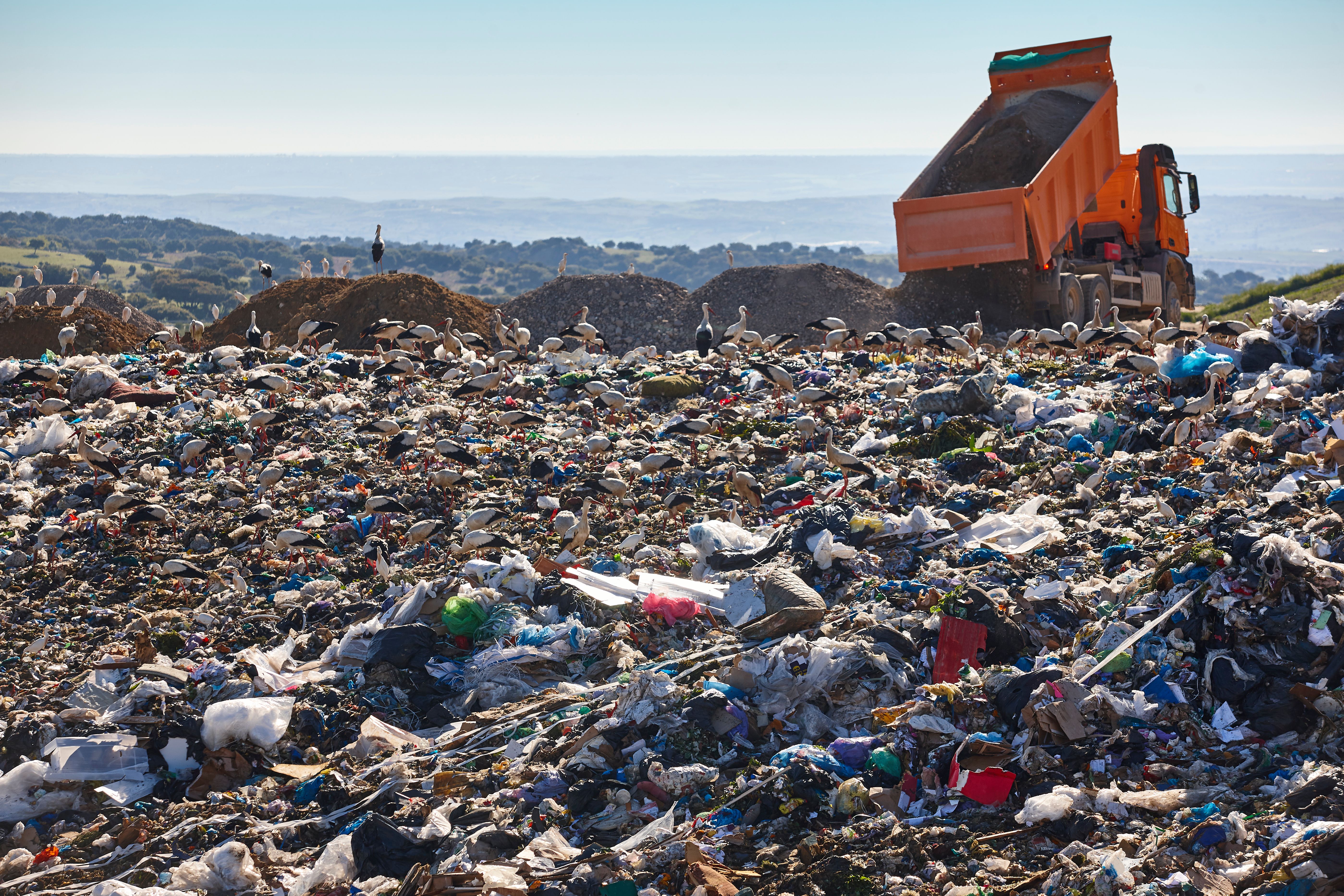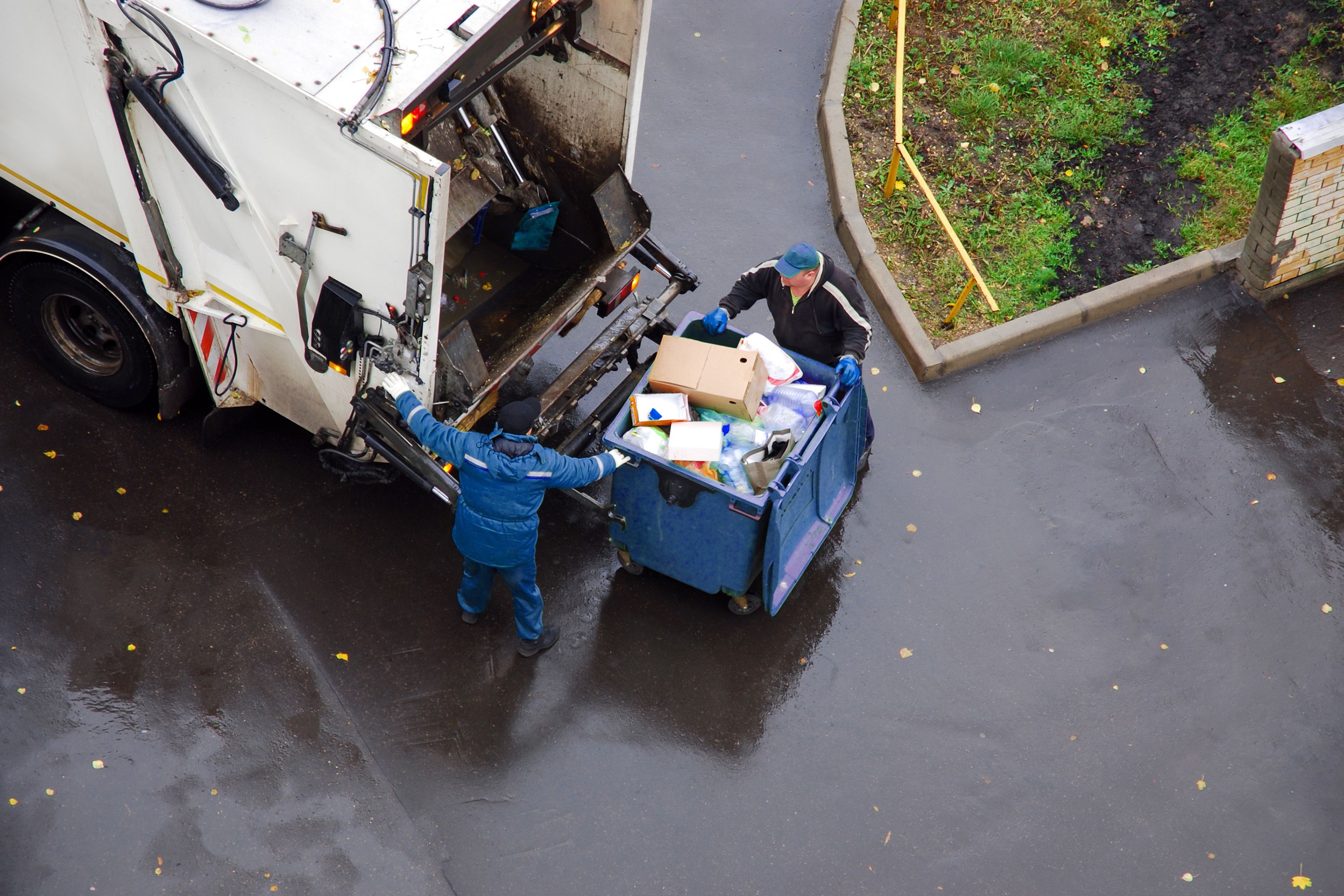Best Waste Management Methods For Different Industries
September 30, 2022
The world we live in today requires more efficient waste management than ever before. With the population continuing to grow and industries expanding, the amount of waste produced each day is staggering.
While some waste can be recycled or reused, much of it ends up in landfills where it takes up valuable space and releases harmful greenhouse gasses. Fortunately, there are various types of waste management options available that can help to reduce the environmental impact of waste.
The need for diversity in Waste Management services
Different industries have different waste management needs. Some industries generate hazardous wastes that require special handling and disposal. Others generate large volumes of food or solid wastes that can be composted or recycled.
And still, others produce a mix of different types of waste material that need to be sorted and processed accordingly. As a result, there is no one-size-fits-all solution for waste management. Each industry needs to assess its own waste stream and develop a customized plan for managing it.
Formulating and implementing an efficient waste management policy can help better track waste management.
- First and foremost, waste should be prevented whenever possible. This can be done by redesigning products and processes to manage waste generation.
- Second, waste should be reused or recycled whenever possible. This reduces the amount of waste that needs to be disposed of, and it can also save money and resources.
- Finally, when waste must be disposed of, it should be properly handled to minimize environmental impacts. This includes using certified disposal facilities and following all applicable regulations.
By following these principles, industries can develop efficient and effective waste management plans that meet their unique needs.
Mining operations, for example, can prevent the wastage of minerals by using mineral recovery techniques. Food processing plants can undertake recycling wastewater for use in irrigation. And sawmills can use wood chips as fuel for boiler operations.
By choosing the right waste management option for their particular industry, businesses can save money, contribute to positive environmental management, and operate more efficiently.
By following these principles, industries can develop efficient and effective waste management plans that meet their unique needs.
Mining operations, for example, can prevent the wastage of minerals by using mineral recovery techniques. Food processing plants can undertake recycling wastewater for use in irrigation. And sawmills can use wood chips as fuel for boiler operations.
By choosing the right waste management option for their particular industry, businesses can save money, contribute to positive environmental management, and operate more efficiently.
What are the different types of industrial waste?

Industrial waste is broadly categorized as hazardous and non-hazardous. Both these wastes can be solid or liquid in nature and require different waste management procedures for responsible collection and disposal.
Chemical waste
Chemical industrial waste refers to the byproducts of chemical manufacturing processes that are hazardous to human health and the environment. This type of waste can come from a variety of sources, including manufacturing plants, power plants, and oil refineries.
Chemical waste can contain a wide range of harmful substances, including heavy metals, corrosives, poisons, and radioactive materials. In addition, this type of waste can be difficult to dispose of properly, due to its toxicity.
Solid waste
Solid industrial waste can come in many different forms. It can be anything from manufacturing scraps to packaging materials to metal shavings, plastic pellets, and glass shards.
One of the main dangers of solid industrial waste is that it can release harmful pollutants into the air and water when incinerated or left unattended. Additionally, it takes up valuable space in landfills leading to the growth of invasive species. As such, it's critical that companies take steps to ensure that their solid industrial waste is properly disposed of.
Organic waste
Organic waste is a type of industrial waste that comes from decaying plants or animals. It can include things like food scraps, manure, and paper products. Organic waste makes up a large percentage of total industrial waste.
Food scraps are considered to be more hazardous than manure because they can rot and produce methane gas, which is a greenhouse gas. Paper products are considered to be less hazardous because they can be recycled. However, all organic waste should be disposed of properly to avoid pollution and protect the environment.
Others
Most waste produced is non-hazardous. Non-hazardous waste is generated by many industries, including manufacturing, agriculture, construction, and mining.
This type of waste includes materials such as paper, wood, glass, metal, and plastics. While non-hazardous waste does not pose an immediate threat to human health or the environment, it can still cause problems if it is not properly managed.
For example, if non-hazardous waste is dumped in landfills, it can take up valuable space and lead to pollution. Additionally, if non-hazardous waste is incinerated, it can release harmful emissions into the air. Therefore, it is important for industries to develop responsible methods for disposing of non-hazardous waste.
What are the methods available for disposing of industrial waste?

When it comes to industrial waste, there are a variety of disposal methods available. The most common is simply sending the waste to landfills, incineration, and recycling. However, more innovative methods like Waste to Energy and resource recovery fit the bill when it comes to waste disposal by industrial categorization.
Incineration
Incineration reduces the volume of the waste by up to 80 percent, and the remaining ashes can be used in construction or other applications. One benefit of incineration is that it can generate energy, which can be used to power the facility or offset the costs of disposal. Additionally, incineration can be used to incinerate hazardous waste, such as medical waste or toxic chemicals.
Most waste incineration plants are located near large commercial cities, where they can take advantage of the heat generated by the combustion of municipal solid waste to generate electricity. The industry that benefits most from this technology is the electric power industry.
In addition, other industries that produce large amounts of waste material, such as the chemical and petroleum industries, also use incineration to dispose of their waste products. For these industries, incineration provides a way to avoid the costs associated with transporting and disposing of their waste materials in landfills.
Moreover, incineration can help to reduce environmental pollution by destroying harmful chemicals and pollutants that would otherwise be released into the atmosphere.
Waste to Energy (WtE)
Waste to energy (WtE) is a process of converting waste into electricity or other forms of energy like heat. WtE technologies are broadly categorized into thermal, chemical, and biochemical processes.
The most common WtE technology is incineration, which involves the combustion of waste to produce heat. This heat is then used to generate electricity through steam turbines or to provide district heating and industrial process heat. Other thermal WtE technologies include plasma gasification and pyrolysis.
Chemical processes for WtE typically involve the production of synthesis gas from waste via partial oxidation or gasification reactions. This synthesis gas can be used as a fuel for power generation or as a feedstock for the production of chemicals and liquid fuels.
Biochemical processes for WtE harness the aerobic or anaerobic decomposition of waste by microorganisms to produce methane-rich biogas, which can be combusted to generate electricity and heat or converted into transportation fuels such as biodiesel.
Recycling
Recycling can help to reduce the amount of waste sent to landfills, and it can also create new products from waste materials. In addition, recycling can help to conserve resources and energy, as well as reduce greenhouse gas emissions.
There are several different recycling methods available, from simple sorting and recycling to more complex processes like energy recovery and resource recovery. The best method for disposing of industrial waste will vary depending on the type and quantity of waste involved.
Many different industries can benefit from recycling their industrial waste. One such industry is the aluminum industry. Aluminum recycling requires only 5% of the energy needed to create new aluminum from scratch. As a result, it helps to save energy and reduce greenhouse gas emissions.
The steel industry is another major user of recycled materials. Steel recycling reduces the amount of energy needed to produce new steel by 75%. This helps to conserve resources and reduces pollution.
In addition, the paper industry also relies heavily on recycled materials. It is estimated that every ton of recycled paper can save 17 trees. Recycling paper also helps to conserve water and reduces pollution.
Landfills

Landfills are designed to contain solid waste, including both hazardous and non-hazardous waste material. Waste material is typically deposited in a landfill in layers, with each layer covered by soil or another type of material.
Landfills must be monitored and managed properly in order to prevent contamination of surrounding groundwater and soil. Proper management of landfills also includes the collection and treatment of leachate, which is the liquid that drains from the landfill. When managed correctly, landfills can be a safe and effective way to dispose of industrial waste.
The construction industry often uses landfill gas to power construction equipment. Landfill gas is a byproduct of decomposing waste and is composed of methane and carbon dioxide. It's typically used to generate electricity or heat, but it can also be used to power construction equipment.
In addition, the mining industry uses landfill leachate to extract valuable minerals from the ground. Leachate is a liquid that is produced when water percolates through waste in a landfill. It contains a variety of dissolved minerals, making it a valuable resource for the mining industry. As these examples illustrate, landfills can be a valuable asset for certain industries.
Special waste disposal
Special waste is tricky to categorize since it includes both hazardous and non-hazardous waste materials. The sheer quantity of this waste gives it the necessity of requiring distinct processing, packaging, and disposal methods in addition to a dedicated administration and logistics department.
The types of waste put under this category include petroleum-contaminated soil, fossil fuel remains, mining waste, pit sludge, dusty residues, latex materials, industrial cooling fluids, pressurized containers, and more.
The healthcare industry uses specialized medical waste disposal companies to pick up and dispose of their waste. Another industry that uses specialized waste disposal methods is the construction industry. Construction sites generate a lot of waste, including concrete, wood, metal, and rubble.
If this waste isn't disposed of properly, it can end up in landfills where it takes up a lot of space. And if it's not disposed of correctly, it can also release harmful toxins into the environment.
Composting
Traditionally, composting has been seen as an effective way to dispose of agricultural and household waste. However, it can also be used to dispose of industrial waste. Industrial composting facilities are designed to handle large volumes of waste, including items that cannot be recycled or reused.
The waste is broken down by microorganisms, which produce heat and break down the organic matter into simpler compounds. The end product is a nutrient-rich soil amendment that can be used to improve plant growth. In addition to reducing the volume of waste, industrial composting can also help to reduce greenhouse gas emissions and save energy.
Many industries can benefit from composting as a way to dispose of industrial waste. Food waste, for example, can be composted to create a nutrient-rich soil amendment. This is beneficial for agriculture, as the compost can be used to improve crop yields. Additionally, paper and wood waste can be composted to create mulch, which can be used in landscaping.
Plasma gasification
Plasma gasification is a process that uses high-temperature plasma to convert carbon-based materials, such as biomass and coal, into synthesis gas, or syngas. The syngas can then be used to generate electricity or produce chemicals and fuels.
Plasma gasification is often considered to be a clean and efficient way to dispose of industrial waste, as it can effectively break down most types of waste into their parts. Additionally, plasma gasification can be used to produce energy, making it a potentially viable option for waste disposal and energy generation for large-scale industries.
What are the benefits of choosing a waste management partner with experience and expertise?

There are many benefits to choosing a waste management company with experience and expertise. One of the most important benefits of their employment is that they will be able to provide you with the best possible service.
They will have a wealth of knowledge about the most effective way to manage your waste, and they will be able to offer advice on how to reduce your waste and recycle more effectively. In addition, they will have access to the latest technology, equipment, and research data which means that they can offer more efficient and cost-effective services.
Finally, they will be able to offer a range of services that can be tailored to your specific needs. This means that you can choose a partner who can offer a one-stop solution for all of your waste management needs.
Why choose Haulla for your Waste Management disposal?
If you're looking for an efficient and reliable waste disposal solution for your business or industry, Haulla is the answer. We are the leading provider of waste collection services in Texas and other major locations in the US. We're dedicated to helping our customers take care of their trash in the most effective and affordable way possible.
We offer a variety of services that can be customized to meet your specific needs, and our experienced team is always available to answer any questions you may have. With Haulla, you can rest assured that your waste will be disposed of in the most responsible and efficient manner possible.
And if you're not sure what kind of disposal option is best for your business, we can help you figure it out. Contact us today to learn more about how we can help you with your commercial or industrial waste disposal needs.
